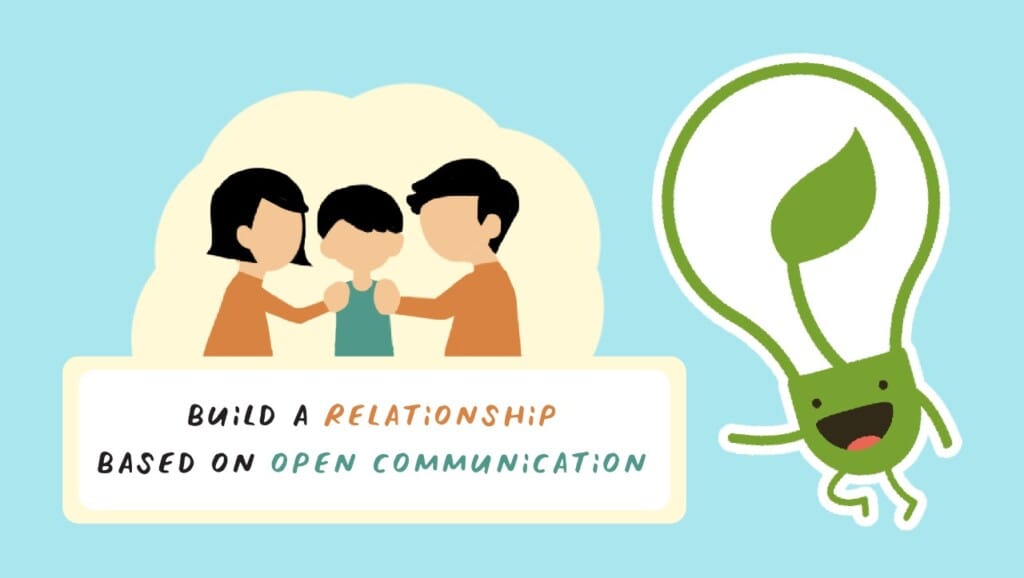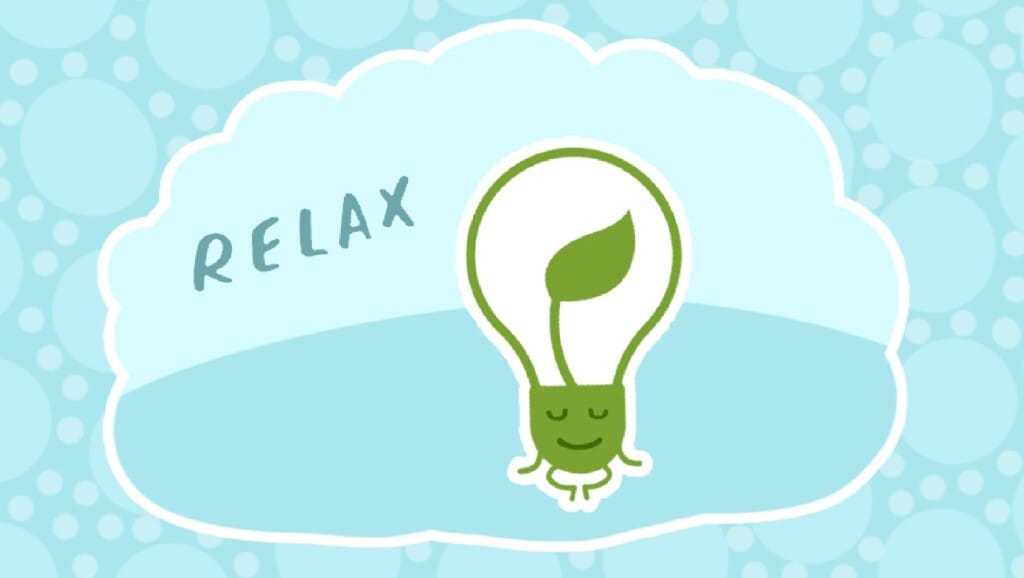
3 Things I Wished I Knew Before Starting Meditation
TLDR: Meditation is not all fun without struggles. It takes time and effort. It doesn’t just deliver peace and calm. It doesn’t make you invincible like a superhero. Here are 3 things I wished I knew.
Meditation has a wealth of awesome benefits- such as increasing calmness, improving memory and IQ, reducing anxiety and depression . As such, it is not surprising that well-known names have adopted these practices to ‘up their game’ literally. From NBA’s best basketball player of all time, Michael Jordan, to top cliff diver David Coltur, they have all sworn by the benefits of meditation.
They claim it sharpens their focus and prepares them for facing and managing highly stressful situations and powers their stellar performances. Meditation screams power, perfection and prestige. But is it really as such?
NBA star Lebron James as Calm Meditation App’s Ambassador
It’s easy to look at these glowing testimonials and have a wide-eyed naivety about what meditation can do for us. We may think, “Finally, something that can cure me of all my misery. I can be productive, successful and happy at the end of a 10 day Vipassana retreat!” This perspective most people have about the benefits of meditation is simply the product of marketing and branding in a world of “do more, be more, and have more”. However, the reality is not that fun. Here are 3 things I wish I knew before starting meditation.
1. Meditation Takes Time And Effort

Meditation is no different from any other methods of self-transformation. You need consistent practice over time to reap the fruits. While there is no exact time frame given for when one can expect to reap the fruits of meditation, the research by meditation app , Headspace and various mindfulness programmes suggest it takes 8-weeks to make changes such as increased neuron activities in different parts of the brain. Other research suggests a liberal estimation of 5 years for deep changes to be experienced by the meditator.
One thing that the body of literature can agree on though, is that the magic number for a consistent practice to experience the benefits is at least 3 times a week of 10–20 minutes practice.
Think of it as planting a mango seed- there needs to be consistency in watering the seed, protecting the sapling as it takes root against wild animals, bad weather and finally, taking care to remove weeds and pests that may grow as the plant matures. Eventually, with all the right conditions in place, you can take shelter under a beautiful mango tree while savouring the fruits of your delicious, sweet juicy ripe mangoes to your heart’s content.
2. When You Are Meditating, You Don’t Just Experience Calm And Peace.

Whoever told you that meditation was all about blissing out into cloud nine and thoughtless voids probably confused meditation with taking ‘weed’. Meditation is about developing an objective and non-judgmental attitude towards whatever that manifests in the present moment (as defined by the father of secular mindfulness Jon Kabat-Zinn).
This means whatever you face in life before you sit on the cushion- crippling anxiety, unresolved childhood traumas, anger issues, obsessive thoughts… will arise in your practice and unleash its full wrath. You will cry and you will break.
Evolutionary neurons in your brain will beckon at you to run, to hide, and to avoid thoughts you have hidden under the carpet for a long time.; But it is in staying with these moments of wreckage, and tuning into the ephemerality of this chaos that true acceptance occurs.
Meditation is not always an experience of peace, but always a training of peacefulness.
That, my dear friends, is the beginning of a beautiful healing.
3. Meditation Doesn’t Make You A Superhero

In this journey of life, we all come with different baggage, some heavier than others. We have to acknowledge our own limitations and be open to seeking and receiving help to lighten the load. Sometimes, meditation is just not the right support at the moment.
Imagine you are on your way to work and you get caught in a sudden downpour. You will need appropriate tools, such as a raincoat, umbrella or seek shelter indoors to keep yourself dry . You won’t just be standing there declaring “I’ve got an expensive $4000 water-resistant suit on, I’m safe!” Just because something is inherently high value, doesn’t necessarily mean it gives you power.
True power comes with being able to use the correct tool at the right time and right place. This applies to meditation too. Unfortunately, when it comes to our mental storms, some of us might be adamant about fixing ourselves only with our meditation practice, even though the depths of our struggles are well beyond what our muscle of mindfulness and acceptance can carry.
There could be a false belief that being spiritual or having a spiritual practice can bypass the immense challenges faced in one’s life, such as mental illnesses.
Sometimes, we just need professional help or to open up to the kindness of the community. It takes courage to be truthful to ourselves by acknowledging our sufferings. As someone who faces regular mood swings, I wished I knew earlier that my meditation practice doesn’t take away my right to be imperfect and to be a mess. In other words, it doesn’t make me a superhero and I don’t have to be one either.
In summary, meditation simply is a tool with wide-ranging benefits when mastered and applied skilfully; it doesn’t add to your identity or your personality.
It digs into what already is there – both the skanky and the dandy.
Facing your experience of being human after an eternity of distraction and avoidance is definitely not easy, so let compassion and acceptance light your path. Progress and maturity come with understanding. The human experience is complex and chaotic, and understanding that there is value to be found in every experience- even negative ones, and choosing to embrace them with kindness and discernment, is the definition of being alive.
May this reflection be helpful to all who begin their meditation journey, and may all find peace, healing and happiness. Inner change is the key to a better world. Hurt people hurt those around them.
Wise Steps:
- If you are in a community, encourage open discussions and conversations on personal struggles and challenges. There is absolutely no shame in being a meditator AND feeling overwhelmed, and the more people talk about it, the less embarrassing it becomes.
- Identify other tools that you can supplement your meditation practice with, such as journaling, yoga, breathing exercises and use the tools appropriately to each situation that you face in life.




